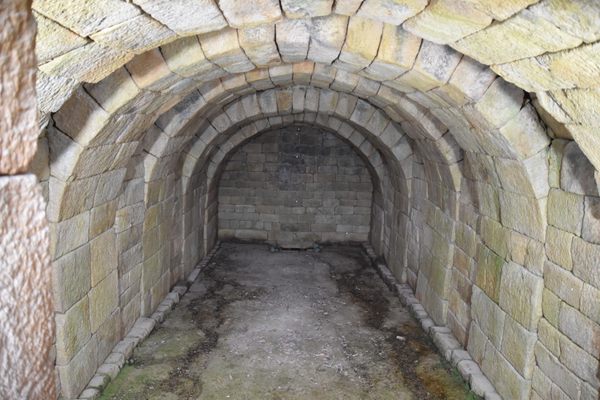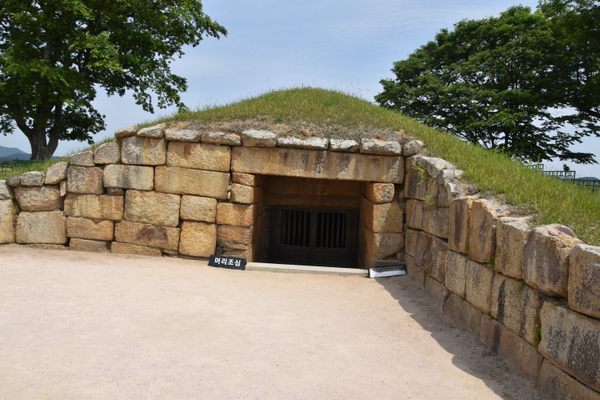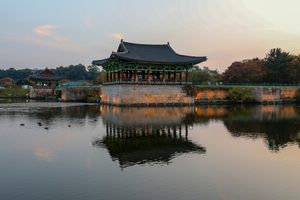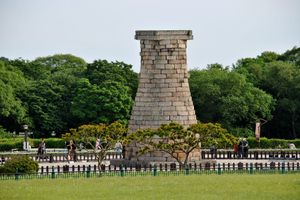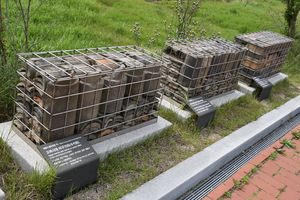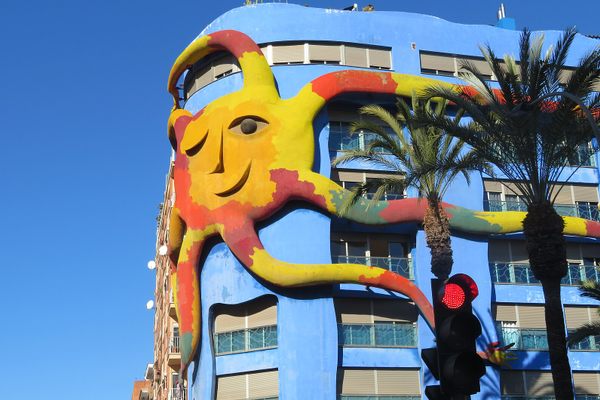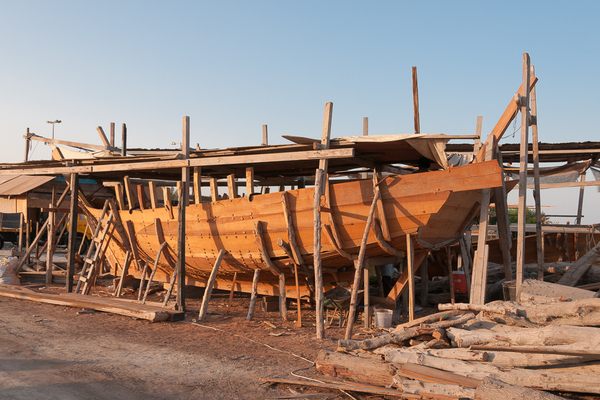About
A small protrusion resembling the surrounding burial tumuli protrudes from the ground in a quiet corner of Wolseong Fortress. However, this one in particular had a very different purpose.
Seokbinggo literally means "stone ice storage." It is effectively an icebox made of stone and was the secret behind Korea's ability to have ice in the middle of summer during the 1700s.
This was a storage room where ice blocks cut from frozen lakes and rivers were taken during the winter for storage. They would then be used during the warm summer months.
The key to its success was in its clever design, half of Seokbinggo is underground while the other half is above ground. This allows the internal temperature to stay relatively stable despite any rapid increase in the outside air temperature.
To keep air from entering the chamber, a burial mound was created on top by mixing dirt and rocks. Next, the ceiling was fitted with ventilation shafts. When it was warm outside and the air inside warmed up, it then exited through the shafts. Letting the warm air escape in this manner helped keep the ice cool for a little longer.
The floor, walls, and arched ceiling are made of granite. The walls are covered with limestone and are designed to keep off moisture and water. The floor is slanted, which allowed melted ice to funnel out. At the end of the sloped floor is a drain. Peering inside the metal gate, visitors will still be able to feel the coolness of the structure.
This seokbinggo was moved to its current location in 1742, which can be verified by the keystone scripts on the entrance and the monument standing next to the storage.
There are only seven seokbinggo still in existence today. It is said that the Gyeongju Seokbinggo is the largest remaining in South Korea and the best constructed. The seokbbingo has been designated as National Treasure No. 66.
Related Tags
Published
April 2, 2021

